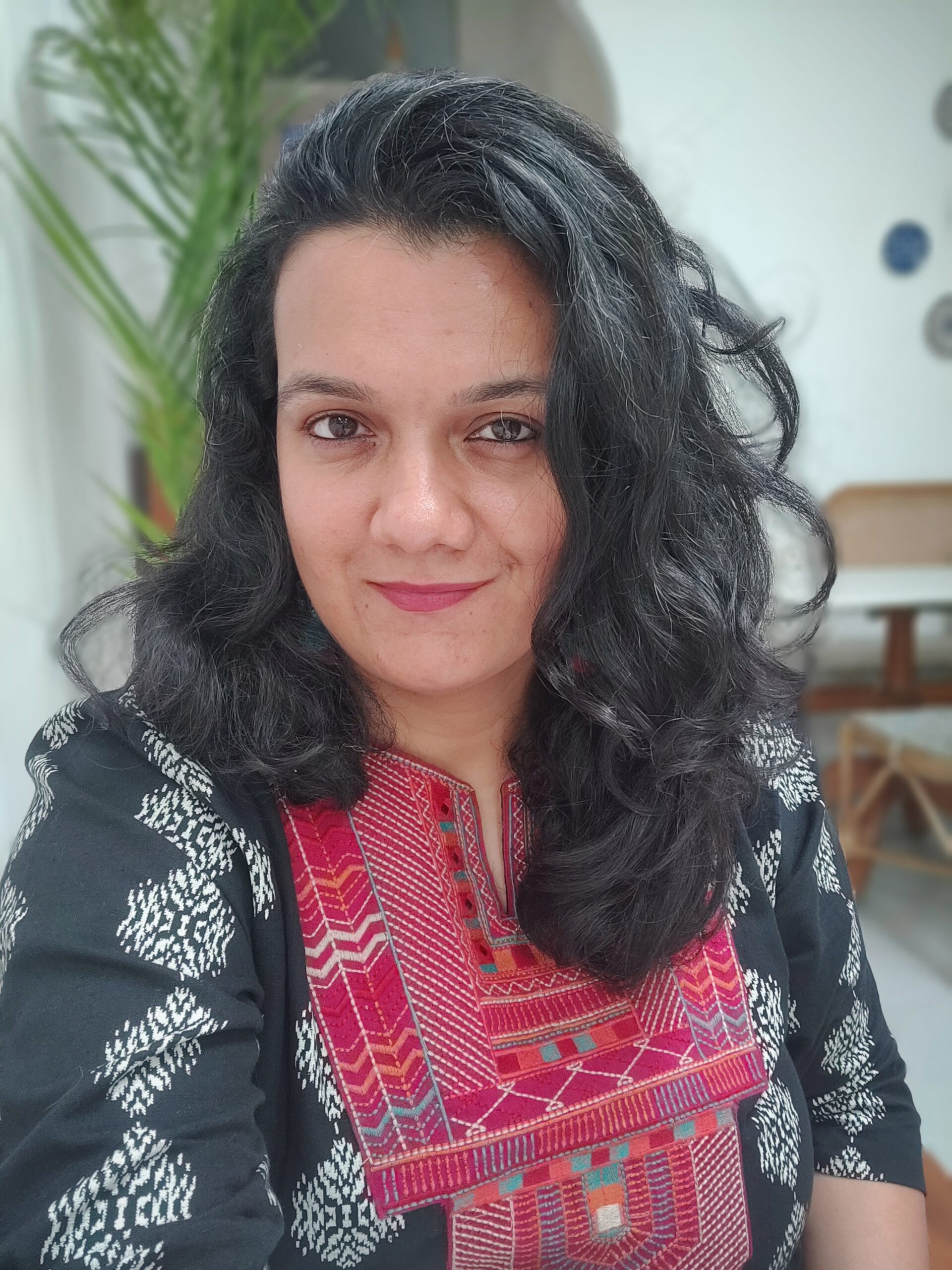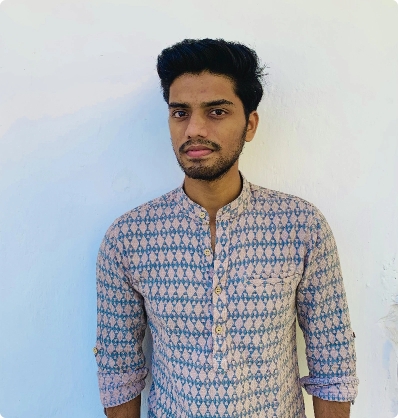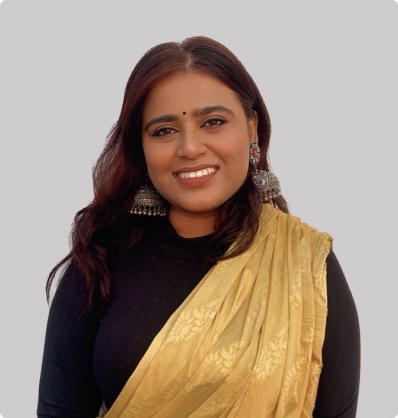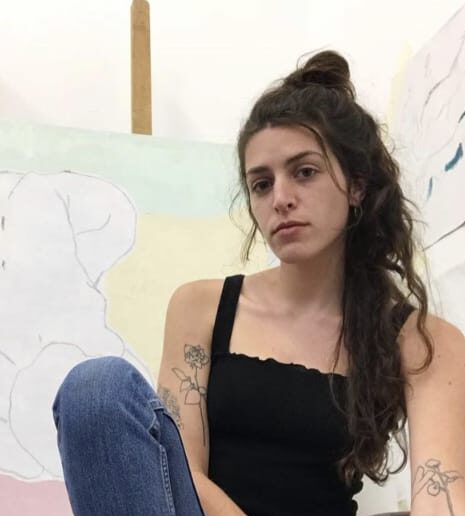About us
Who We Are
Winner of the Atlantic Council’s 2020 Distinguished Leadership Awards, The Azadi Project provides leadership skills and psychosocial support to women from some of the world’s most conflict-affected regions and marginalized communities in Africa, the Middle East, and South Asia. Through the 5 years of our journey we have expanded our work to support, women and youth from marginalized communities in India.


Theory of change
Our Theory of change revolves around empowering women and youth from conflict-affected and marginalized communities. By providing comprehensive leadership skills and psycho-social support, women and youth can emerge as influential leaders within their communities. Our theory is based on the transformative impact of skill-building and mental health support in not only promoting personal development but also impacting positive change. Through targeted programs and interventions, we aim to break down barriers, challenge stereotypes, and create sustainable pathways to women and youth empowerment, ultimately building stronger, inclusive, and more resilient communities.
How we challenge the deep rooted issues:
- Provide safe spaces
- Nurture women and youth leaders
- Provide psychosocial support
- Spread gender sensitization
- Provide professional skills
- Create opportunities for employment
Members of The Board

ARUNA RAO
CO-FOUNDER OF GENDER AT WORK

CASEY STAVROPOULOS
EXECUTIVE DIRECTOR OF J P MORGAN CHASE & CO.

SORAYA CHEMALY
EXECUTIVE DIRECTOR OF THE REPRESENTATION PROJECT.

RAM RAMGOPAL
DIRECTOR/EXECUTIVE EDITOR AT CNN
Our Team

Priyali Sur
FOUNDER AND EXECUTIVE DIRECTOR

Shreyas Jaykumar
DIRECTOR, COMMUNICATIONS

Kaynat Salmani
PROGRAM MANAGER
Kaynat’s passion to serve humanity stems from her childhood experience growing up in Delhi. Her passion for children and women’s empowerment was ignited in refugee camps in Delhi, where she met women and children fleeing conflict in their own country. Their hope and determination motivated her to serve children and women worldwide. Now, she brings a unique blend of passion, compassion, and strategy as Program Manager.

Namrata Kilpady
SENIOR ADVISER

Chaity Puja Sarkar
SOCIAL MEDIA MANAGER

Ankita Dan
THE PROGRAM ASSISTANT
Azadi Alumni

Kerem Gil

Harshvardhan

Aya
Alumni, Interns and Volunteers

Aishwarya Nagdev
INTERN

Jyotsna Bhardwaj
VOLUNTEER

Jyotsna Bhardwaj
VOLUNTEER

Gowri Abhinanda
ALUMNI

Lluis Dalmau
FOUNDING MEMBER (VOLUNTEER)



